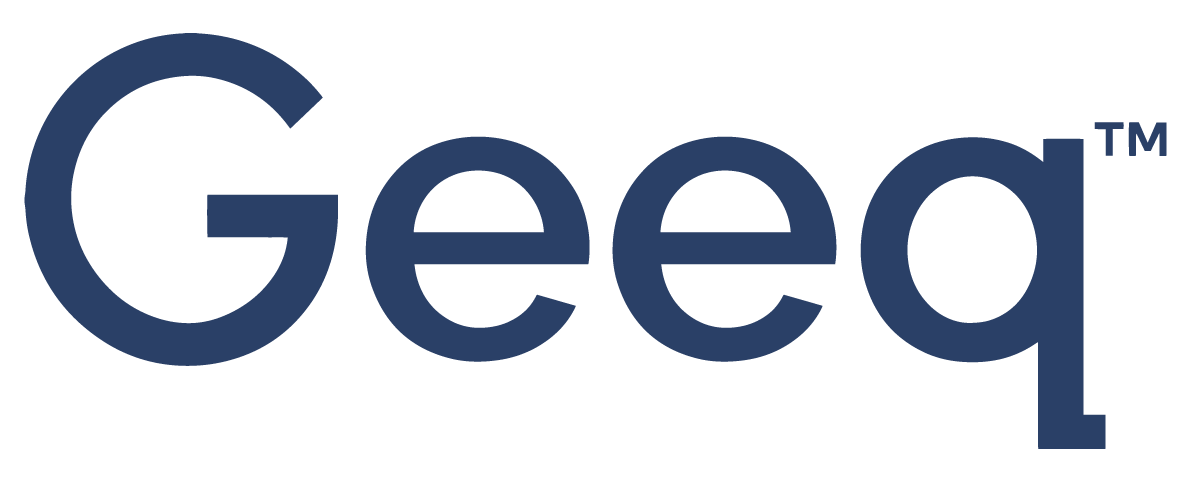
Leaderless Protocol
What does Leaderless Protocol mean?
No node has the special privilege of proposing a block.
Main Idea:
One of Geeq’s innovations is to place all nodes on an equal footing from the network’s point of view. Every validating node independently builds its block and arrives at its own current ledger state. Every honest node independently arrives at the same honest blockchain and current ledger state.
Geeq’s protocol is unique because it employs this separation of powers strategy. Proof of Honesty prevents nodes from becoming leaders who are able to impose their preferred ledgers on end users.
The Problem: Leaders Who Set the Agenda Are Potential Security Risks
Many other blockchain protocols begin a round of block building with a block proposer. Typically, a block proposer or block leader makes the first suggestion about which data should be validated in the next block and then tries to obtain a consensus around that proposal.
However, when a leader (or some group) has greater power than others, they pose a potential threat to an unbiased finding of facts. In a blockchain context, a leader might propose invalid transactions, select transactions it favors, or censor others. If protocols allow free riding or malicious behavior to go undetected, or there is a possibility of collusion (e.g. among staking nodes), or actions may be taken outside the protocol to change it, there is no overall assurance that the resulting blockchain will be dependably neutral, correctly validated, provably honest and stable across time, which are all properties honest end users would wish for from a decentralized technology.
The Solution: Proof of Honesty Has No Leader Nodes
At Geeq, nodes rotate through the roles of the network without being given the opportunity to impose their own, biased preferences in any meaningful way. Each node is given a deterministic set of transactions per block and must do its work independently. Nodes compete on honesty, not power. Honest nodes produce the same, dependably neutral, correctly validated blockchain every time and dishonest nodes may be ignored as long as you use Geeq’s Edge Security.
Used in a Sentence:
Proof of Honesty (PoH) is a leaderless validation protocol that uses economic mechanism design to insulate you from any nodes who wish they could have a special influence on the blockchain.
Last Updated: February 25, 2023
Read what Geeq has to say about Leaderless Protocol...
The following articles are written by the Geeq team to share and inform about the industry we are passionate about.
To learn more about events, announcements and learn about other topics visit our news section
Community announcement - Tokenomics Update - January 2024
Why has Geeq taken a no-smart contracts route? To deliver an efficient, reliable, predictable engine to solve these three problems and more.
Here are 5 reasons why Geeq is poised to set the world's standards in decentralized, verifiable blockchain - at Layer 0.
"Discover 7 powerful ways Geeq Stacks revolutionize digital assets. Simplify organization, ensure security, and stay in control. From creative collections to seamless transfers, Stacks make it intuitive.
8 Ways Geeq is the Essential Foundation for Blockchains. Here are the reasons Geeq provides the Layer 0 (L0) foundation that blockchains and smart contracts need.
How can the market separate "review bombing" from authentic testimonials? As with any policy, the risk is either going too far or not far enough. Read Geeq's solution.
UPDATE: Now with links to video and Slides! John P. Conley introduced Geeq's Algorithmic Monetary Policy and Stabilized Token to the public at SFBW.
This is the Geeq token allocation and release schedule. Please note: Geeq did not hold an ICO or IDO.
Ask Me Anything on Telegram: TH 1/24/2019, 4 pm EST
Details are available for the official GEEQ contract address.
$GEEQ has partnered with Ferrum Network to offer non-custodial liquidity staking. Watch this space!
Late Friday Update for Geeq Tokens - The Unlocked-round is fully subscribed. The Pre-round is still OPEN.









